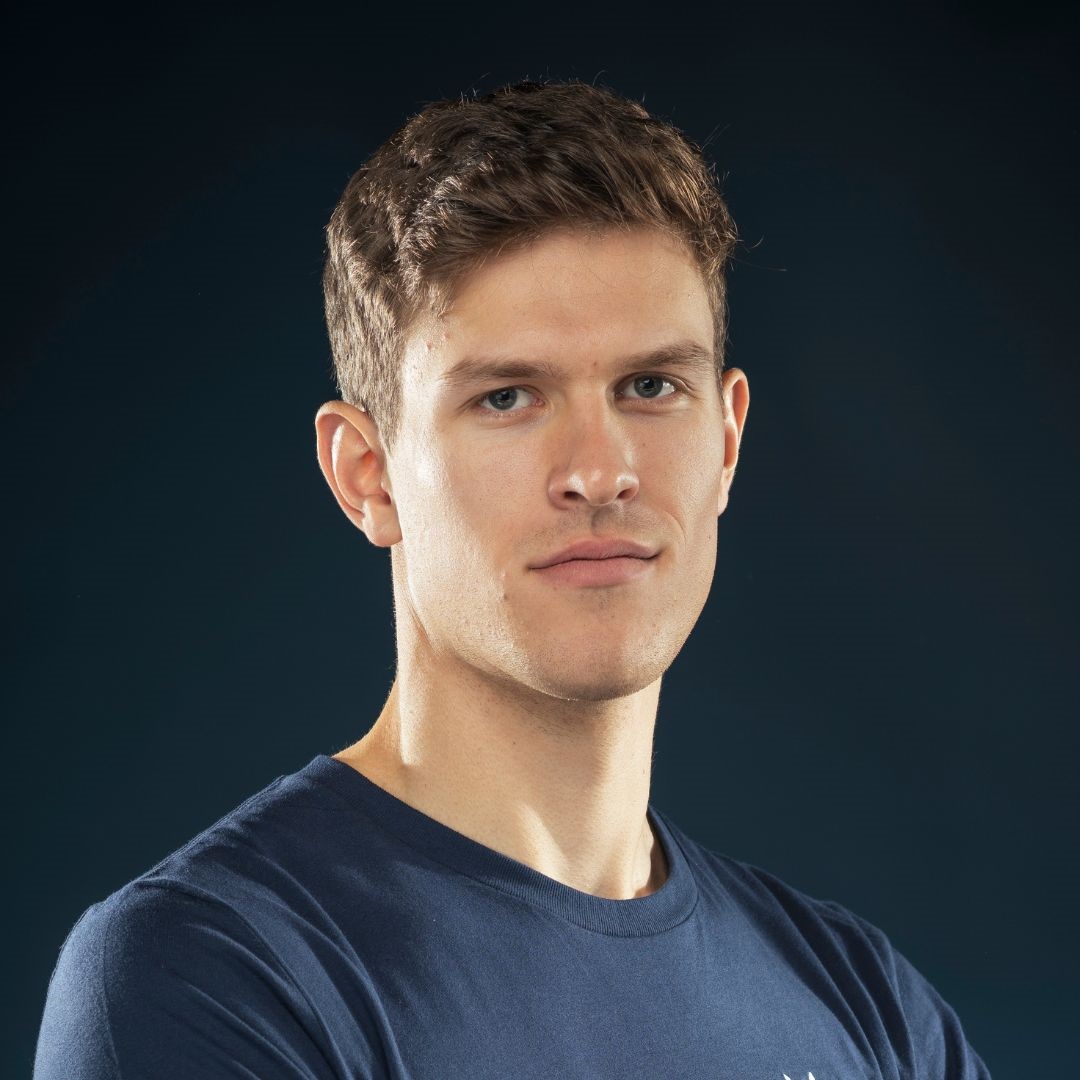Why did you apply for the Lab programme?
I applied for the Oxford SDG Impact Lab programme because it represents a unique confluence of academic rigour, interdisciplinary collaboration, and tangible social impact that aligns perfectly with my skills and ambitions. My background in energy systems engineering has provided me with a strong foundation in understanding the complexities inherent in sustainable energy development. However, I recognize that solutions to these challenges cannot be siloed within individual disciplines. Oxford's SDG Impact Lab stands out as a ground-breaking initiative that breaks down these siloes and fosters an inclusive approach to tackling the world's most pressing issues.
During the pre-application information session with the Lab's leadership team, I was immensely intrigued by the programme's interdisciplinary nature. I was immersed in the understanding that solving complex problems related to the SDGs necessitates a multi-faceted approach that draws from diverse fields like public policy, economics, technology, and social sciences. The programme's collaborative nature stood as an ideal opportunity for me to contribute to and learn from a diverse cohort of talented individuals from around the globe.
Finally, the programme's focus on creating tangible social impact by bridging the gap between academia and industry completely aligned with my career aspirations. At the University of Oxford, I was interested in the academic pursuit and motivated by the possibility of affecting meaningful change through impact-driven research that replicates sustainable innovation for businesses and society. Hence, the Oxford SDG Impact Lab provided the best platform for academic exploration and implementing and scaling solutions that can improve millions of lives.
How would you describe your experience?
My experience at the Lab programme while working with BMW on the Energy Efficiency project was nothing short of transformative. It combined rigorous research with real-world applications, providing me with a holistic understanding of carbon emissions mitigation, particularly in the realm of energy efficiency. The project posed a multidimensional challenge from the onset: we had to consider technological, economic, and social factors in implementing energy-efficient solutions within BMW's operations. The project was ambitious in scope, aiming to reduce the carbon footprint and simultaneously generate value for the company and its stakeholders. This project required extensive collaboration within our diverse team of researchers, economists, engineers, and policy analysts and with BMW's own innovation and sustainability teams.
I thoroughly enjoyed the interdisciplinary nature of the work. I was consistently impressed by how every team member brought a unique perspective to the table, allowing us to develop a comprehensive energy efficiency strategy. I also appreciated the close mentorship we received from Oxford's leading academics and BMW's industry experts, which elevated the quality of our work. I gained invaluable insights into the complexities of implementing sustainable solutions in a large-scale industrial setting while ensuring satisfactory associates' well-being. Among the key learnings were the importance of stakeholder engagement and the need for flexible yet scalable solutions. I also learned to use advanced data analytics tools to measure the impact of our implemented measures, which was incredibly gratifying.
This experience helped me refine my research methodologies and analytical skills. Most importantly, it honed my abilities to work effectively in a team and communicate complex ideas clearly and effectively. I grew more proficient in project management, taking responsibility for the stakeholders' engagement and collaboratively brainstorming on plausible production schedules for the Paint Shop. One major challenge we faced was reconciling the limited time frame in developing an ideal solution despite the project's social, technical, and economic complexities. However, we addressed this by engaging with our project mentors and BMW experts to develop a realistic business case that demonstrated the long-term economic benefits of energy efficiency and its environmental and social impact. This approach helped us gain the necessary buy-in from key stakeholders.
What was the highlight of the Lab experience for you?
The chance to present our team's energy efficiency initiative to the senior leadership team at BMW's MINI Plant was an unparalleled experience that stood out as a personal highlight. The presentation culminated months of design thinking, collaboration, and relentless iteration. Standing before a team of seasoned professionals and industry leaders was exhilarating and humbling. I realized that the project we had nurtured was no longer an academic exercise confined to research papers and simulation models; it was a viable, impactful solution deserving boardroom-level attention.
What made this experience particularly rewarding was the reception and feedback we received. Hearing directly from the senior leadership that our work could be a game-changer in the company’s sustainability initiatives was validating and incredibly motivating. Their incisive questions pushed us to consider scalability, long-term viability, and broader applicability. It was a moment of true academic-industrial symbiosis; their practical insights enriched our academic perspective, while our research offered them a roadmap for tangible, sustainable change. It was also a fantastic opportunity to learn from the other teams as they presented their brilliant solutions with great zest and passion. In that boardroom, I felt the weight and significance of our achievements. It was not just about demonstrating the viability of our solutions. It was about rigorously examining and validating our work by industry experts who can implement it on a massive scale.
What has been the value of undertaking the Lab programme?
Participating in the Lab has been a career-defining move for me. Working on the energy efficiency initiative with BMW equipped me with a robust skill set that combined academic research, data analytics, project management, and stakeholder engagement. This comprehensive experience was instrumental in preparing me for my position as a Product Manager in a leading global provider of clean heating and cooling solutions for living environment spaces (LES). In this role, I would be exploring innovative net-zero strategies in decarbonizing heating technologies in Europe, an opportunity I feel exceptionally prepared for, thanks to the Lab programme.
Equally important has been the Lab's impact on my personal growth. The programme taught me the art of interdisciplinary collaboration, a skill that I consider invaluable in addressing sustainable development challenges. I now approach challenges holistically, acknowledging the importance of diverse expertise and collaborative effort in crafting sustainable solutions. For someone committed to making a meaningful impact in the realm of clean and affordable energy, the value of the Lab experience was profound.
Anything else you would really like to add?
I want to extend my deepest gratitude to the Oxford SDG Impact Lab team for their incredible support throughout this transformative journey. Your unwavering commitment to the fellows' development—professionally and personally—has been a game-changer, equipping us with the skills and the mindset to contribute meaningfully to the global sustainability agenda. Thank you for this invaluable experience; it has surpassed all expectations and set a new standard for educational excellence in my life.




